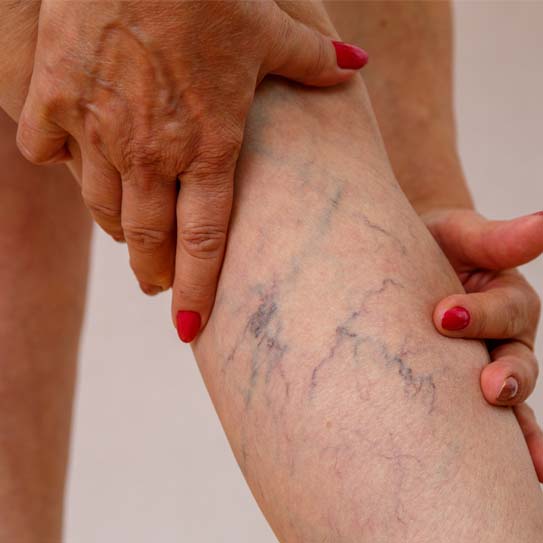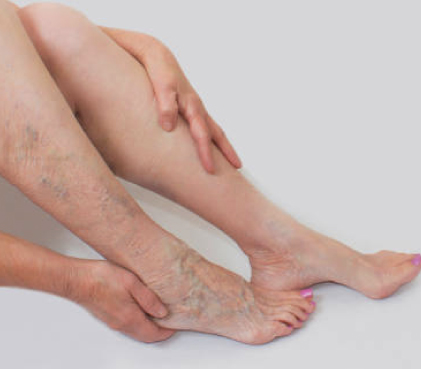
In order to determine the kind of miscarriage and the severity of the problem, doctors may recommend any of the following diagnostic tests. Blood test: This procedure is often used to measure the hCG (human gonadotropin) level. A pregnancy hormone called hCG is produced by the placenta. hCG levels are typically high throughout pregnancy, but any unusual fluctuations might be a warning of a miscarriage. Pelvic exam: This examination is often recommended to look for any openings or signs of cervix weakening. Ultrasound: This test uses sound waves to create pictures of the interior organs in your body. This information is crucial for determining the cause of the miscarriage and choosing the best course of therapy.
Sometimes a total miscarriage results in the uterus itself expelling the entire foetus. However, depending on the severity of the disease, the doctor may advise surgical or pharmacological removal of pregnancy tissues if the body is unable to eliminate all of them. Medication: In order to get rid of the placenta and pregnancy tissue if you miscarried before 10 weeks of pregnancy, medication is typically suggested. Ibuprofen and misoprostol are two powerful drugs that encourage the uterus to discharge pregnancy tissue. Additionally, they aid in lowering chills, nausea, vomiting, and cramping. However, you can suffer significant bleeding after taking a medicine, which shows the therapy was successful.
Your doctor will likely offer the following suggestions to help you get ready for surgery:

Can I become pregnant again after having a miscarriage?
Yes, following miscarriage therapy, you can ovulate and get pregnant. However, following a miscarriage, give yourself plenty of time to physically and emotionally recover. For advice, speak with your gynaecologist.
Which miscarriage therapy is more effective: medicine or surgery?
The method of therapy often relies on the stage of your pregnancy at which you have a miscarriage. When you experience an early pregnancy loss, medication is frequently advised. While to remove the pregnant tissue from the uterus, surgery is done later on. While in certain situations of a complete miscarriage, the uterus will expel all the foetal tissue on its own, necessitating no special care.
How long must you rest after a miscarriage operation?
Within two to three days, you can return to your regular activities. Women occasionally have excruciating cramping, but it usually goes away after a week. However, if you want to recuperate quickly from the operation, you might need to take certain measures.
When should I anticipate starting my period after a miscarriage?
Within four to six weeks, your regular menstrual cycle may resume, however each woman's period will return at a different time. Due to greater clotting, your period may be heavier, longer, and more painful than normal.

Also known as endovenous laser treatment or EVLA, this is a minimally invasive ultrasound-guided procedure that involves the use of ultrasound images and laser fiber in order to kill the delicate lining of the veins. After a few days following the procedure, the body absorbs the dead tissues, closing off the abnormal veins with minimal or no discomfort. This is one of the most commonly preferred methods as it involves far fewer complications, and the recovery time, as well as the success rate of this method, is much faster and higher than that of any surgical process.

Also known as endovenous laser treatment or EVLA, this is a minimally invasive ultrasound-guided procedure that involves the use of ultrasound images and laser fiber in order to kill the delicate lining of the veins. After a few days following the procedure, the body absorbs the dead tissues, closing off the abnormal veins with minimal or no discomfort. This is one of the most commonly preferred methods as it involves far fewer complications, and the recovery time, as well as the success rate of this method, is much faster and higher than that of any surgical process.

Also known as endovenous laser treatment or EVLA, this is a minimally invasive ultrasound-guided procedure that involves the use of ultrasound images and laser fiber in order to kill the delicate lining of the veins. After a few days following the procedure, the body absorbs the dead tissues, closing off the abnormal veins with minimal or no discomfort. This is one of the most commonly preferred methods as it involves far fewer complications, and the recovery time, as well as the success rate of this method, is much faster and higher than that of any surgical process.